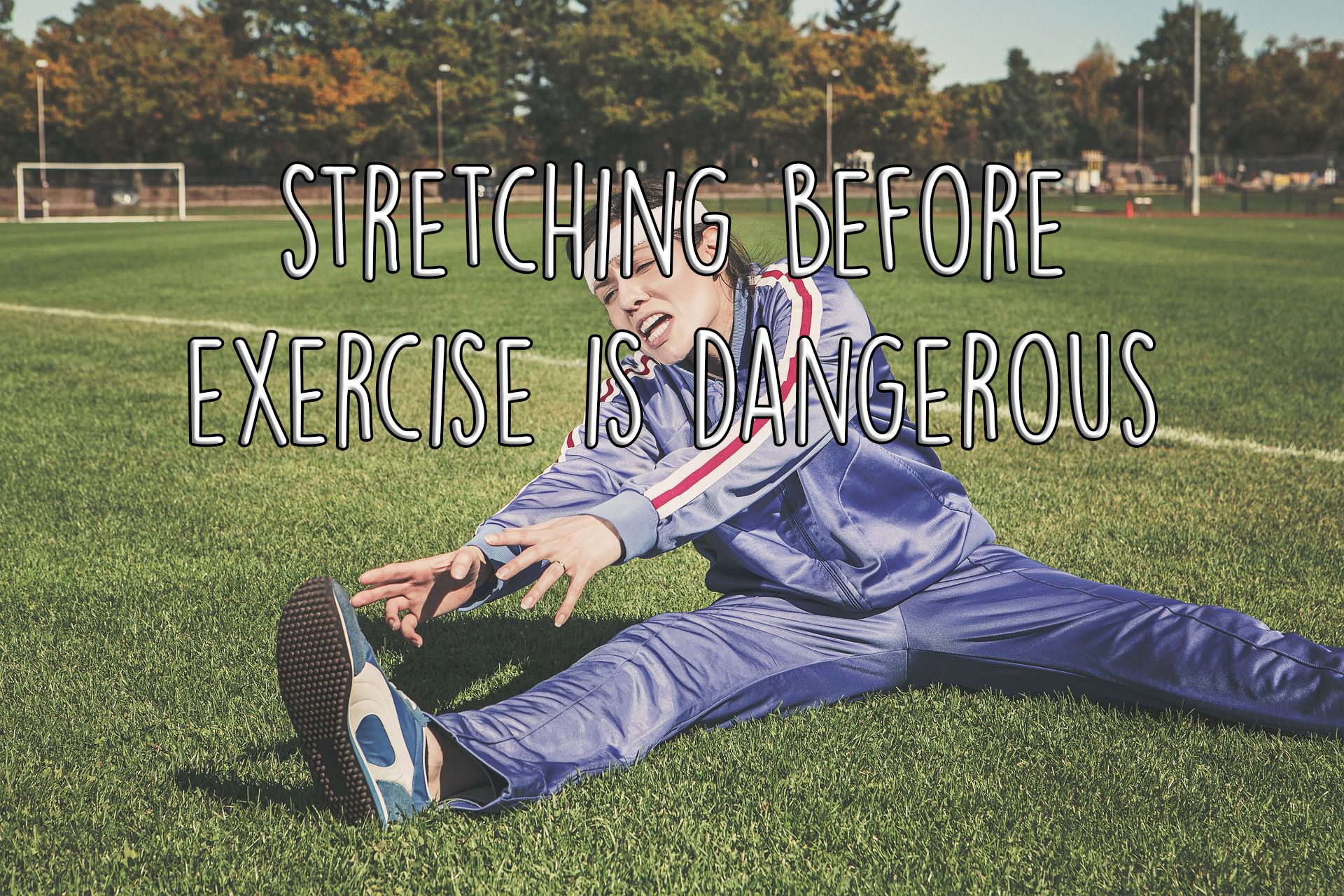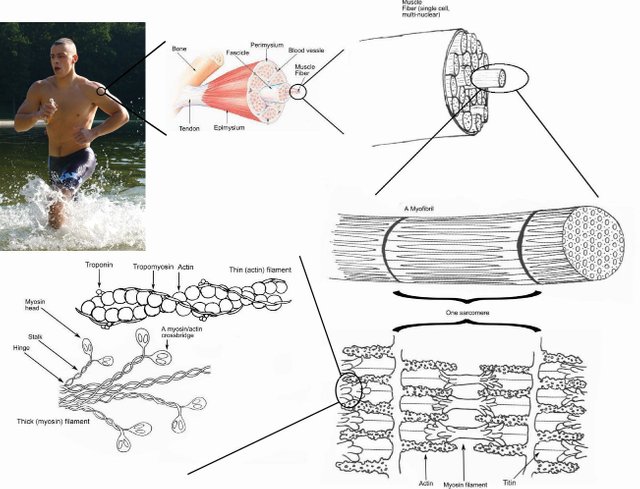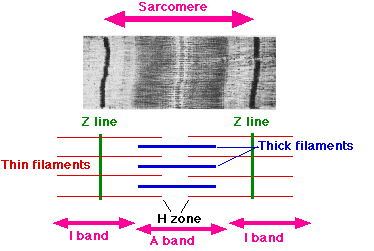Myth or Fact? #21 - Stretching before exercise is dangerous

After I've passed my latest exams successfully and since I have much more free time to spend from now on I decided to do more sport - for the sake of my mind and body. So I signed up for a membership at the nearest fitness center!
The location is quite nice and beside of the good, old gym stuff there is also a wellness section.
So after I started my gym session with a 30-minute cycling workout, I decided to do some stretching before I start to lift some (serious) weights. Suddenly a coach approached me in order to warn me that stretching before your training session is dangerous!
I was extremely puzzled because my father always told me to warm up properly and to stretch before your intense workout starts, so I asked him for the reason. The coach told me that this is common knowledge: you are minimizing your potential performance.
Nevertheless he wasn't able to explain it from a scientific point of view, so I decided to do my own research. Guess what I found out - Myth or fact?
The structure of the human muscle
First of all we have to start with the basics. Summarized there are two types of muscle, but the one we are focusing on are the skeletal muscles.
So let's have a look at one of the most known muscles: the biceps (musculus biceps).
The muscle as such consists of several bundles of single muscle fibers covered in connective tissues. Similarly these muscle fibers are just a bundle of so called myofibrils. The myofibirl on the other hand are divided in sarcomeres being the smallest working unit of the muscle.
Just to briefly cover the structure of a sarcomere: There are actin and myosin filaments and two sarcomeres are always divided by a z-disc. The thin actin filaments are directly connected to the z-disc while the thick myosin filaments are connected through titin filaments.

Fig.1 Structure of a human muscle Source
Muscle Contraction
So the most common theory is the "Sliding Filament Theory" of Andrew F. Huxley which is based on the already mentioned actin filaments (thin filaments) and myosin filaments (thick filaments) which are able to contract the sarcomere.
Since we don't want to cover every single detail, the contraction is initiated by the release of calcium-ions out of the sarcoplasmic reticulum, the membrane covering the sarcomere. Due to the presence of those calcium-ions the myosin filaments are able to pull the actin filaments to the middle of the sarcomere. In consequence: the sarcomere is shortened and the muscle generates tension. To relax the muscle the body simply retracts the calcium-ion out of the intracellular space of the filaments or rather sarcomere back to the reticulum. Both processes, the release and withdraw of calcium-ions in a sarcomere, burn energy .

Fig.2 Image of Sarcomere - basic unit of musles Source
That's also the reason for the "rigor mortis"!
Stretching and it's consequences
By stretching your muscles you are most likely trying to affect the length of the connective tissues of your body. Obviously the connective tissues are compared to the plastic muscle tissues elastic. There are two types of connective tissues in your muscle: Your tendons and those covering your muscles. Your tendons connect your muscles to the bones, therefore they are connected in series while the muscle-covering part is connected in parallel. Considered in an abstract way you are changing the length of the single sarcomere in which it operates. 2.0 to 2.2 micrometers is the optimal dimension in which the single sarcomere can generate the most force. Reason being is the degree of overlapping of the actin and myosin filaments which changes proportional to the length of the sarcomere. If the sarcomere is to long (more than 3.5 micrometers), the actin and myosin filaments will not overlap at all and there the muscle won't be able to generate any force. If the sarcomere is to short (less than 1.6 micrometers), the myosin filaments will collide with the z-disk, thus it won't be able to work properly.
Conclusion
The truth to our myth isn't as black and white as you might think. Stretching before your training does make definitely sense, but the proper technique is crucial and the type of stretch you are doing. Before your training session it is ok to do dynamic stretching meaning to hold your stretch position no longer than 3-5 seconds. It is viable to consider that as a part of your warm up. The clue is to not overdo it since you could stretch your muscles so much that they lose too much tension, thus you should definitely avoid static stretches!
Of course this is all just theory and you should always consider the type of sports you are about to practice and the intensity your body will go trough. So it is not possible to give advice across-the-board!
Tim Said
P.s.: I finally bought a new camera! It's time to start a new Steemit exclusive photo series. Stay frosty!
There are good and bad stretching. That's the whole point.
Nice writeup and research. Personally iv been stretching post workout, and it has helped me alot. iv been into bodybuilding on and off, since past 15 years. I use to start my workout with a bit of stretching, but it use to cause more muscle pulls. After reading alot of articles of pro old school bodybuilders like arnold and bill pearl, i started stretching post workout. I guess for runners, a bit of warmup with stretching might be good. so i guess it completely depends on exercises.
Yes stretching before a workout confuses the golgi tenden organ. Warm up first, stretch after.
There is great article here that debunks the myth of stretching all together. The author demonstrates how the human body adopts and how even stretching is damaging overall. It was more or less an old meme gone bad but nonetheless we keep doing it.
Quite A Stretch
Interesting, I've always skipped stretching after football games and training, everyone kept telling me to do it.
I either didn't cause I was just lazy or my body knew what was best for me, I'm gonna go with the latter! :p
As long as you do sports and keep your body and mind healthy, you do fine :)
I love the educational aspect of your postings, they are so clear, succinct and well illustrated. Thank you so very much for making this platform such a healthy place to go to!
Just an extra thought, there's a new tag coming up #education, you should add it up to your posts! ;)
All for one and one for all! Namaste :)
Yes proper warm-down is essential.
Agreed. Cooling off with stretching
So sweet :D
Wow, I've got to pay more attention to what you're doing and emulate it - great job.
STEEM ON!
Congratulations @timsaid!
Your post was mentioned in my hit parade in the following categories:
Elliot Hulse's stretching routine, "bio-energetics", is somewhat alternative but great before training. I must admit I don't do all of these at the gym, heh. Either way, some of these exercises simply feel really great. I think essentially the body will let you know what is healthy/good and what is not. If a stretch feels really good, it's probably because it's healthy for the muscles. In my pull-up bar at home, I usually just hang several times a day because it feels fantastic. I take that as a good sign :)
I heard that before, this post is quite interesting.